KI Lifestyle4Health
Contributing to KI's third mission and Agenda 2030, the Research Network KI Lifestyle4Health was established in 2019. It is a forum and platform that gathers interested researchers and professionals working with lifestyle factors that can prevent and manage non-communicable diseases.
Funded by Axel och Margaret Ax:son Johnsons Stiftelse för allmännyttiga ändamål.
 Photo: Liftestyle4Health
Photo: Liftestyle4HealthNEW! Overview of active lifestyle related research conducted by KI
The Research Network KI Lifestyle4Health has collaborated with the bibliometrics group at the university library to create KI authors- MeSH terms networks in order to provide an overview of active lifestyle-related research conducted by Karolinska Institutet.
The results are
• Author-MeSH terms network 2017-2022
• KI Authors network 2017-2022
Events
Upcoming events
Past events
What is new?

The Lancet: Deaths potentially averted by small changes in physical activity and sedentary time
Prof. Maria Hagströmer and Assoc. Prof. Ing‑Mari Dohrn (Dept. of NVS), co‑authors in a newly published Lancet study, a large meta‑analysis quantifying how small, feasible shifts in daily movement patterns could substantially reduce premature mortality at the population level.

The Lancet: Ultra-processed foods: time to put health before profit
Ultra-processed foods are reshaping global diets—and driving obesity, diabetes, and heart disease. This new Lancet series brings together cutting-edge evidence and policy insights, revealing why urgent action is needed to curb UPF dominance and protect public health. Explore the data, the risks, and the solutions shaping the future of food systems

KI Lifestyle4Health Best paper award WINNERS 2025!
We are delighted to announce two winners of the KI Lifestyle4Health Best Paper Award 2025! Afroditi Alexandra Barouti and Eric Emanuelsson stood out for their excellent work.
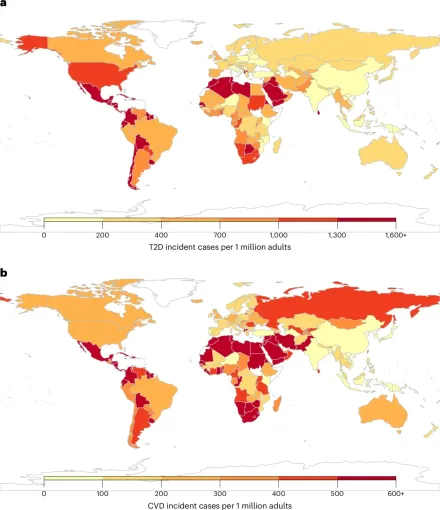
Burdens of type 2 diabetes and cardiovascular disease attributable to sugar-sweetened beverages
This new study highlights the countries and subpopulations most affected by cardiometabolic disease associated with sugar-sweetened beverages (SSB) consumption. By world region, the highest SSB-attributable percentage burdens were in Latin America and the Caribbean (T2D: 24.4%; CVD: 11.3%) and sub-Saharan Africa (T2D: 21.5%; CVD: 10.5%)

Hibernation science harnessed to treat obesity
With the obesity market booming, the next generation of weight loss drugs might come from unlocking the secrets of hibernation, when animals gain (and then lose) up to 40% of their weight, with hopes that hibernation-powered drugs can modify metabolism and boost health.

More than one billion people in the world living with obesity according
The combined burden of underweight and obesity has increased in most countries, driven by an increase in obesity, while underweight and thinness remain prevalent in south Asia and parts of Africa. A healthy nutrition transition that enhances access to nutritious foods is needed to address the remaining burden of underweight while curbing and reversing the increase in obesity

Colombia introduces junk food tax
The country is one of the first to tax food high in salt and saturated fat to reduce obesity and other diseases.
The tax is being implemented gradually, beginning at 10%, before rising to 15% in 2024 and 20% in 2025, and targets foods that are high in salt and saturated fat, as well as industrially manufactured prepackaged foods.
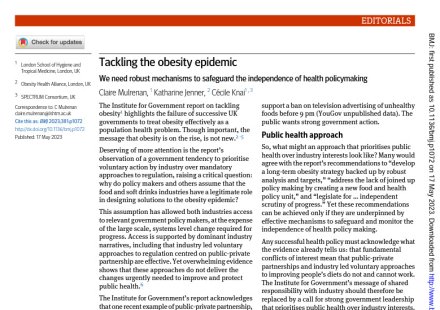
Tackling the obesity epidemic
The Institute for Government report on tackling obesity highlights the failure of successive UK governments to treat obesity effectively as a population health problem.
The tendency of prioritising voluntary action by industry over mandatory approaches to regulation makes us wonder: Why do policy makers and others assume that the food and soft drinks industries have a legitimate role in designing solutions to the obesity epidemic?

Almost half of cancer deaths are preventable
Data show that smoking, drinking alcohol and obesity are the biggest contributors to cancer worldwide.
The findings, published in The Lancet on 20 August, largely confirm results from smaller studies and highlight how reducing exposure to risk factors could help to prevent a substantial proportion of cancers
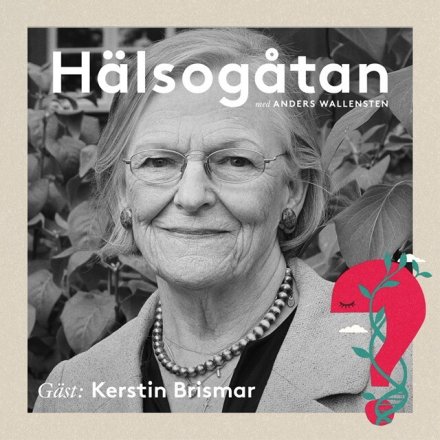
Vad spelar det för roll när jag äter? Lyssna på Kerstin Brismar i podden Hälsogåtan
Att regelbundet låta kroppen vila från mat har positiv effekt på hälsan, säger Kerstin Brismar. Och det behöver inte vara mer dramatiskt än att skippa nattmackan så att kroppen får tolv timmars matpaus. I avsnittet berättar hon om den korta fastans effekter på kroppen och varför småätande gör oss både tjocka och ledsna
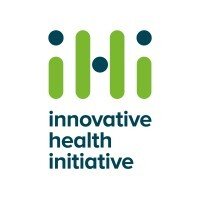
Innovative Health Initiative launches first calls for proposals
The Innovative Health Initiative (IHI) has launched its first calls for proposals, with topics on diseases such as cancer, cardiovascular disease and neurodegenerative diseases, as well as cross-cutting issues like health data and early stage studies of medical devices.
Read more and partner up with network members!

Professor Carl Johan Sundberg awarded a medal from His Majesty King Carl XVI Gustaf
Congratulations to Carl Johan Sundberg who has been awarded the medal "8th size medal suspended by a blue ribbon" from His Majesty King Carl XVI Gustaf, for his "outstanding contributions as a researcher and educator in health and exercise"

The International Society of Behavioral Nutrition and Physical Activity (ISBNPA) 2023
The International Society of Behavioral Nutrition and Physical Activity (ISBNPA) is pleased to invite you to participate in the 22nd Annual Meeting at the Uppsala Konsert & Kongress (UKK) venue in Uppsala, Sweden, 14-17 June 2023.
The mission of ISBNPA is to “stimulate and promote innovative and impactful research in behavioral nutrition and physical activity to improve human health and well-being worldwide”.

News from the FINGER study: How the COVID-19 pandemic has impacted the lifestyle and behaviors of older adults at risk of dementia
How have social distancing and quarantine measures affected older individuals during the COVID-19 pandemic? Recent research lead by Professor Miia Kivipelto’s team provides some important insights – there were several negative effects but at the same time many lifestyles and behaviors did not substantially change during the first wave of the pandemic, and some even improved.
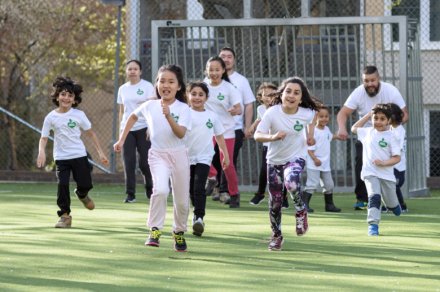
Debatt: ”Snål budget till att förebygga ohälsa kan sänka välfärden”
Wallberg H, Brismar K, Hellenius M-L och Kivipelto M bidrar till samhällsdiskussionen: "Vetenskapliga utvärderingar visar nu även att risken att insjukna eller avlida i hjärt-och kärlsjukdomar eller insjukna i typ 2-diabetes minskar hos deltagare i preventionsprogrammen jämfört med en referensgrupp där patienterna inte deltagit i programmen"
Doctoral theses on the topic of...
Highlights
Topics

Diabetes
SRP Diabetes is based on several different research groups at Karolinska Institutet and Umeå University. An integrated research environment in the diabetes area has been formed where results are translated between basic and clinical science with the aim to improve the care and treatment of people with diabetes.

Healthcare Sciences and Ageing
Health care sciences include studies in a number of disciplines such as nursing, physiotherapy, occupational therapy, ageing, and health economics. Studies at KI can be applied to such widely-separated areas as cancer, dementia and musculoskeletal problems, as well as defined sub-sets of the general population.

Epidemiology, Biostatistics and Public Health Sciences
Researchers in epidemiology and public health sciences study how the environment, lifestyle and genetic factors affect health and the aetiology of disease. This knowledge is used to create methods and approaches for the prevention of disease and ill health.

Endocrinology and Metabolism
Research into endocrinology and metabolism touches upon many of the most important health problems of our time, including diabetes, obesity, hypertension, osteoporosis and hormonal disturbances. The research spans drug metabolism and intensive care to psychiatry and life style issues.

Physical activity
FYSS - Scientific handbook on how to prevent and treat diseases using phsyical activity.
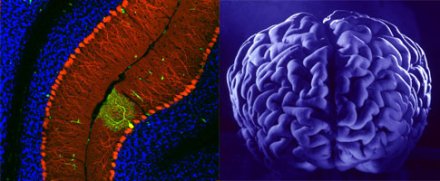
Neuroscience and Mental Health
Neuroscientists at Karolinska Institutet strive to make fundamental discoveries about nervous system function, to teach and train the next generation of scientists and clinicians, and to translate research findings into improvements in the diagnosis and treatment of psychiatric and neurological disorders.

Physical activity and Sports medicine
Led by Professor Maria Hagströmer, this research group studies the link between physical activity and health, the effect of exercise interventions on habitual physical activity levels, and the prevention of sports injuries. They have a number of research projects and collaboration that you can read more about in their webpage.
